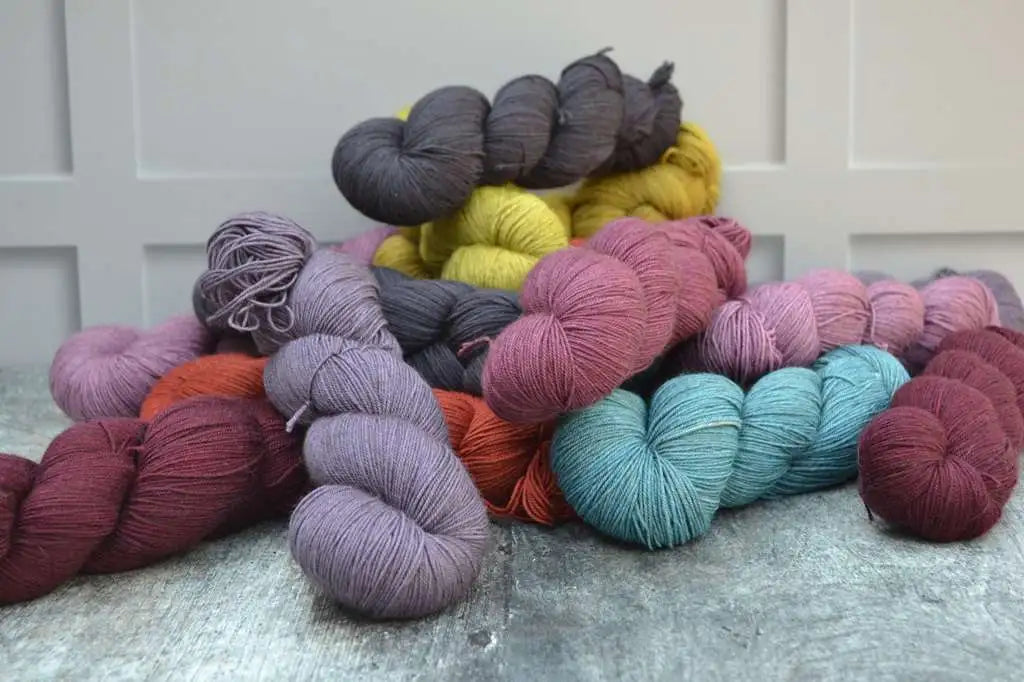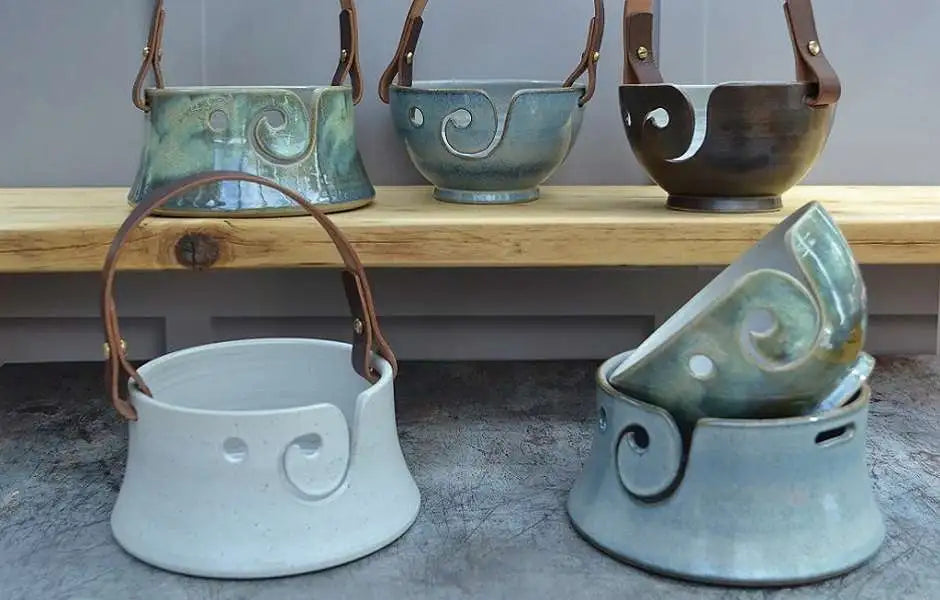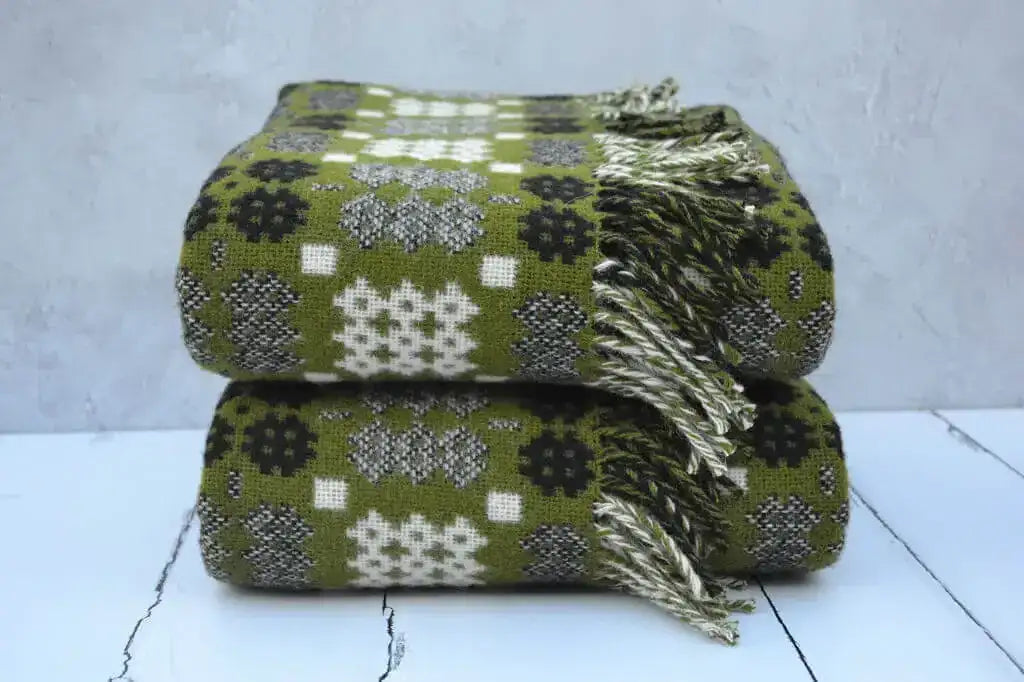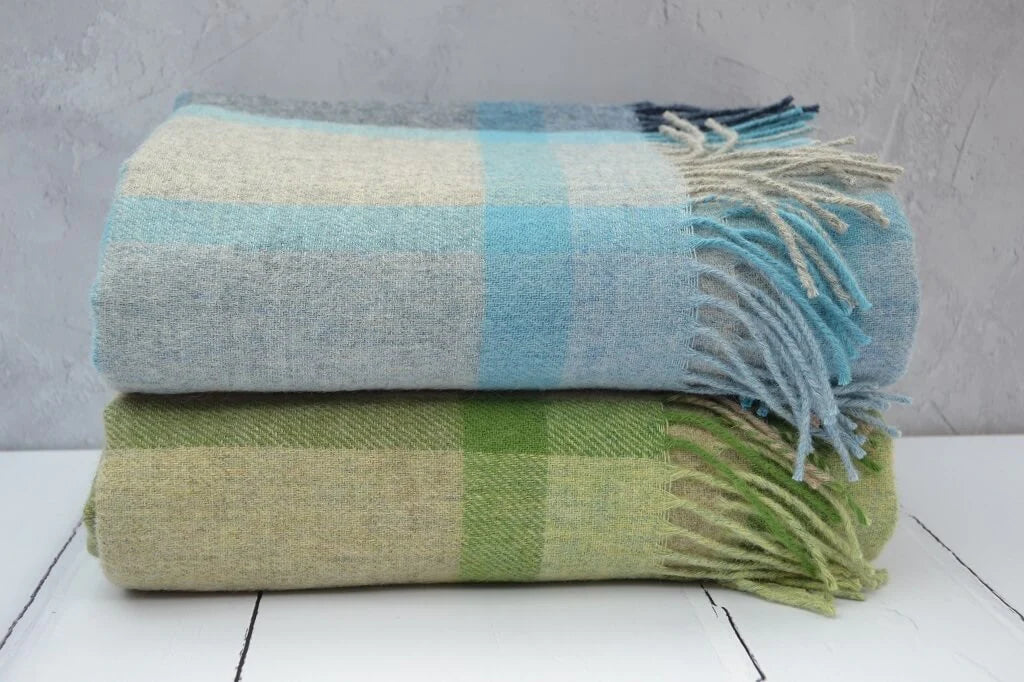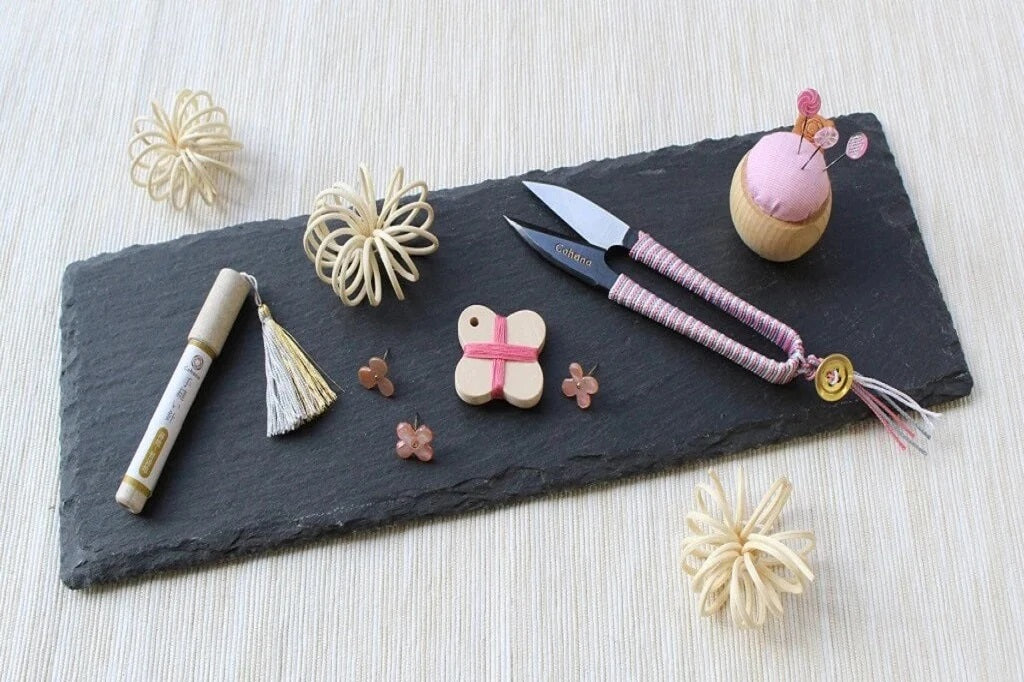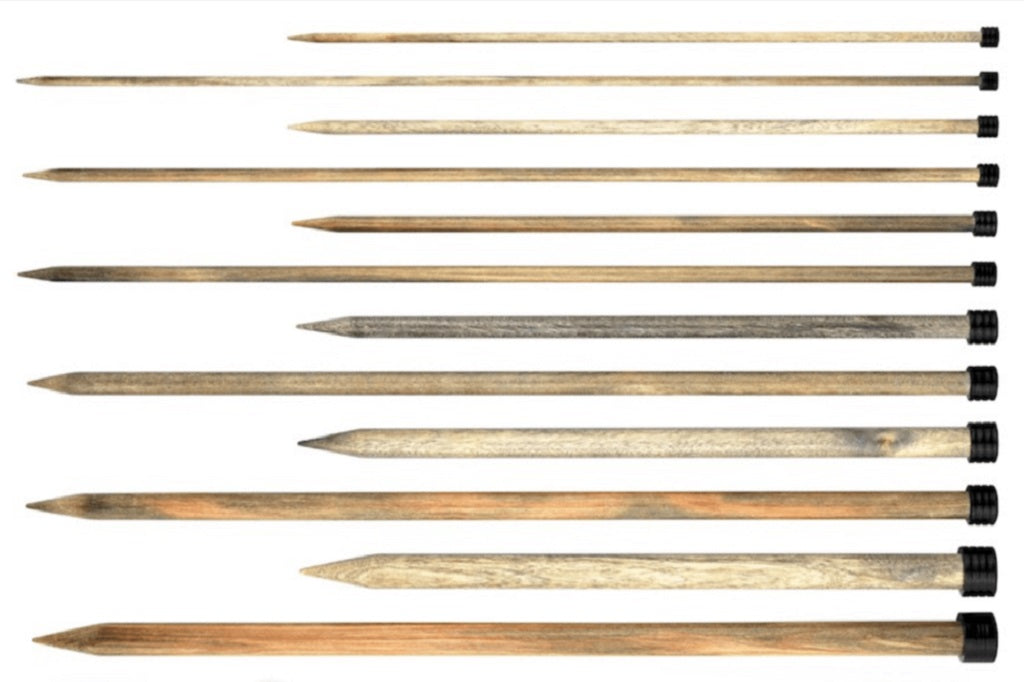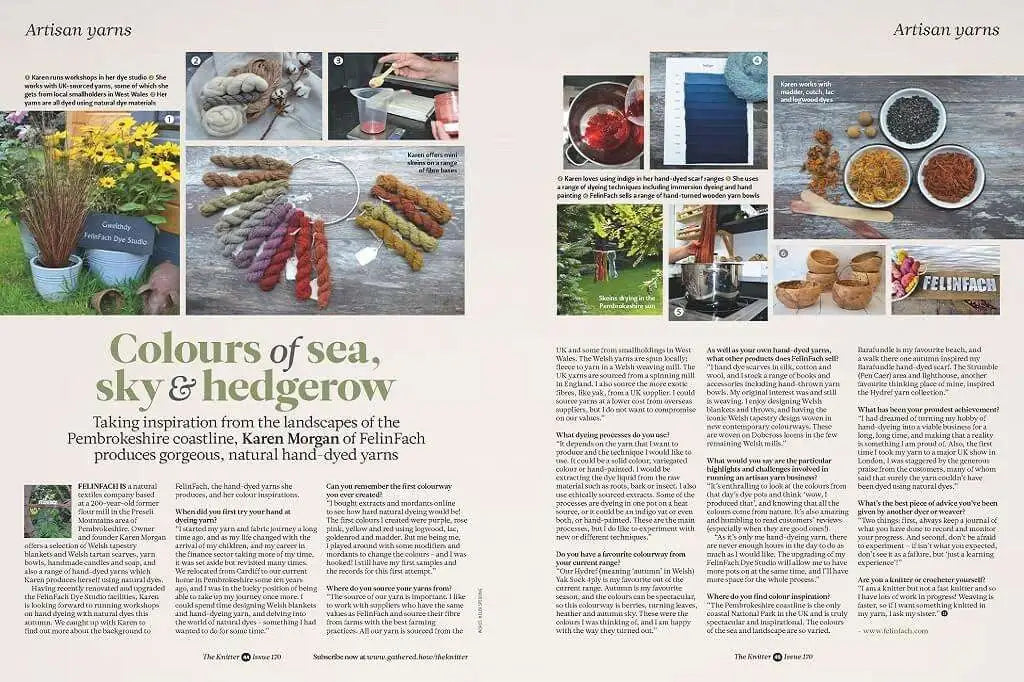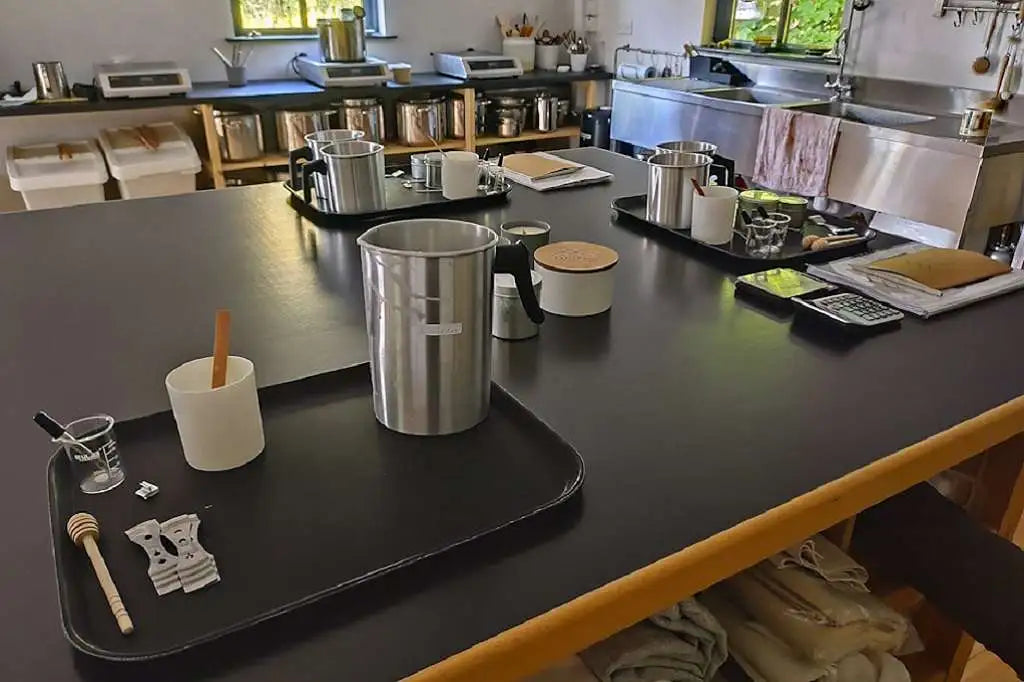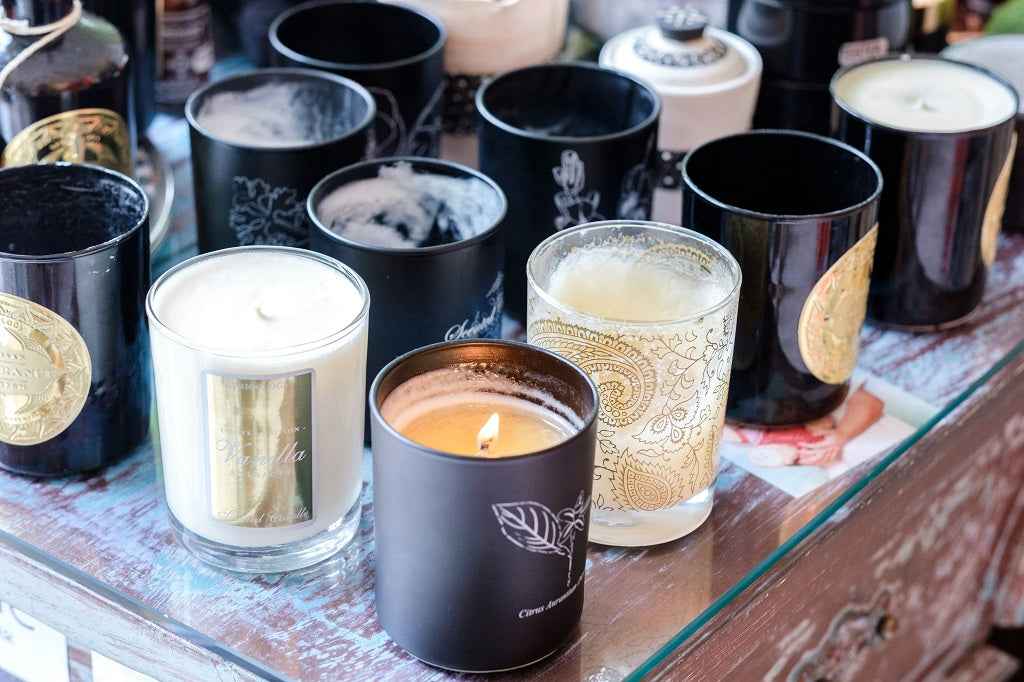Myfanwy
Myfanwy Lyrics
Many believe that the haunting tune of Myfanwy is possibly one of the greatest love songs ever written. Certainly, the late, great Ryan Davies described it so.
Myfanwy Story - Unfulfilled Love
The lyrics for Myfanwy tell the tragic story of the unfulfilled love of a poor young poet called Hywel ab Einion for a beautiful young noblewoman who lived in Dinas Bran castle. The remains of Castell Dinas Bran stand above the Welsh town of Llangollen and is the scene setting for the sad love story of Myfanwy.
Myfanwy was the daughter of the Norman Earl of Arundel and was, according to sources at that time, the most beautiful woman in Powys. Myfanwy was proud of her pretty looks and wanted her many suitors to proclaim her beauty in song and verse. Many came to court her but were not able to win her heart and all were rejected.
One day, a poor young bard named Hywel ap Einion went to the casle to sing his songs for Myfanwy. She was capitaved by his poetry and Hywel ap Einion believed his love for her was reciprocated. However, his hopes and dreams come to nothing when a rich, handsome and more articulate man comes to seek her affection. Hywel was distraught and in his misery, he wrote the song Myfanwy telling all of his unfulfilled love. Little did he know at the time that his song, Myfanwy would become one of Wales most famous songs.
Other Famous Welsh Songs
Myfanwy Composers - Joseph Parry and Richard Davies
Myfanwy, the melody, was written and composed by Joseph Parry (1841 – 1903), with the lyrics written by Richard Davies (1833 – 1877) - it was first published in 1875. Maybe there was a real Myfanwy in Parry's life, a girl by the name of Myfanwy Llwyellyn. Like Parry himself, she too emigrated to America. According to the legend, they met some 30 years later but for whatever reason, Myfanwy Llwyellyn snubbed the Welsh composer and he then composed wrote his famous tune full of unfulfilled love.
Whatever the legend, the story or the history of the song, Myfanwy remains one of Wales’ most famous songs and even today the song Myfanwy features in the repertoire of many Welsh male voice choirs. It has been sung Bryn Terfel, Cerys Mathews, Rhydian Roberts, Ryan Davies and Wynne Evans, just to name a few!
What is the Myfanwy meaning in English?
Myfanwy Lyrics |
Myfanwy Lyrics in English |
| Paham mae dicter, O Myfanwy, Yn llenwi'th lygaid duon di? A'th ruddiau tirion, O Myfanwy, Heb wrido wrth fy ngweled i? Pa le mae'r wên oedd ar dy wefus Fu'n cynnau 'nghariad ffyddlon ffôl? Pa le mae sain dy eiriau melys, Fu'n denu'n nghalon ar dy ôl? |
Why so the anger, Oh Myfanwy, That fill your dark eyes Your gentle cheeks, Oh Myfanwy, No longer blush beholding me? Where now the smile upon your lips That lit my foolish faithful love? Where now the sound of your sweet words, That drew my heart to follow you? |
|
Pa beth a wneuthum, O Myfanwy I haeddu gwg dy ddwyrudd hardd? Ai chwarae oeddit, O Myfanwy  thanau euraidd serch dy fardd? Wyt eiddo im drwy gywir amod Ai gormod cadw'th air i mi? Ni cheisiaf fyth mo'th law, Myfanwy, Heb gael dy galon gyda hi. |
What was it that I did, Oh Myfanwy, To deserve the frown of your beautiful cheeks? Was it a game for you, Oh Myfanwy, This poet's golden flame of love? You belong to me, through true promise, Too much to keep your word to me? I'l never seek your hand, Myfanwy, Unless I have your heart with it. |
|
|
Myfanwy, may your life entirely be Beneath the midday sun's bright glow, And may a blushing rose of health Dance on your cheek a hundred years. I forget all your words of promise You made to someone, my pretty girl So give me your hand, my sweet Myfanwy, For no more but to say "farewell". |
Myfanwy Composer, Joseph Parry – 1854 to 1903
Joseph Parry arguably Wales' greatest composer, is a famous son of Chapel Row, Cyfarthfa, Merthyr Tydfil. He composed over 400 Hymn tunes, three hundred songs, and 300 anthems, chorales and other orchestral pieces. Yet this talented man was born into poverty and spent several of his early years working in coal mines and iron works.
Joseph Parry was born on 21 May 1854. He loved music from an early age, but the family - seven children in all - was often in financially difficult situations. As a result, Joseph went to work in the Cyfarthfa Mills at the age of 9. In 1854, when Joseph Parry was 13 years old, his father decided to move to America and settled in Danville in Pennsylvania; this story is told by Jack Jones in the novel Off to Philadelphia in the morning.
After some time in America, Parry returned to Britain to concentrate on his musical career, and he attended the Royal Academy of Music. He won major prizes at the National Eisteddfodau in Swansea and Llandudno and was admitted to the Gorsedd with the bardic name of Pencerdd America. In 1873 he became Professor of Music at the University College, Aberystwyth and remained there until 1880. In 1888 Parry settled in the small seaside town of Penarth and died there on 17th February 1903.
Myfanwy, As Sung By...
The song has featured in many films and television programmes and has been sung by almost, if not every single Welsh male voice choir. In films it featured in 'How Green was my Valley' and also in the Swansea based film, 'Twin Town'. It is also sung in the 1992 Welsh-language biographical film Hedd Wyn. Rather surprisingly, it is both played and discussed in the episode "Death and Dust" of the television show Midsomer Murders during a visit to Wales by detectives from an English village.
In modern times, it is still a favourite as sung by Cerys Mathews, and Bryn Terfel and is also sung without exception at every Welsh Rugby Union international in the National Stadium, Cardiff. Even Nigel Owens, our World Cup referee has sung Myfanwy!! Even Donny Osmond has sung Myfanwy.
About FelinFach
Located in Pembrokeshire Wales, our ethos is defined in the three words...
NATURAL TRADITIONAL HANDMADE.
- Hand woven iconic Welsh blankets.
- Hand dyed yarn, dyed with natural dyes only - no exceptions!
-
Handmade candles, candle accessories and Candle Making Workshops.
- Natural Dyeing Craft courses.
- Yarn shop, yarn bowls, project bags, tools and accessories for knitters and crafters.
- Welsh Gifts, souvenirs, made in Wales, handmade in Wales.
We are a proud supporter of Americymru, the Campaign for Wool, Global Welsh and Red Dragon America.
Last updated 27th March 2025

